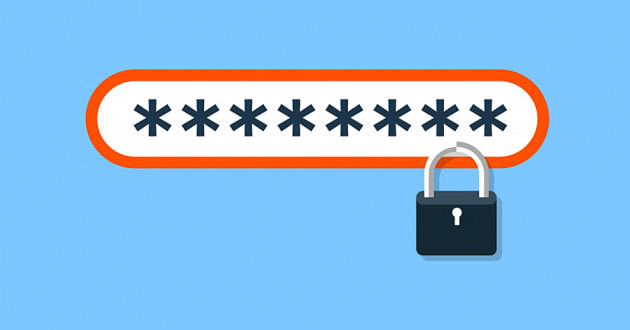Online Safety
Why does online safety matter?

The Federal Trade Commission reported over 2.2 million fraud reports in 2020 alone. Online safety is being aware of the possible threats that you encounter online. These could be security threats, protecting and managing your personal data, and avoiding harmful or illegal content. Check the link below for seven scams even the smartest people fall for online. Continue with an Online Safety Video and tips for staying safe online!
| internet_safety.pdf | |
| File Size: | 749 kb |
| File Type: | |
tips for staying safe online
|
1. Practice Safe Searching
Check websites before you click. Does the website seem secure (https://)? Do not be tempted by dubious content. Check out the Digital Literacy page for more information on safe searching. |
|
2. Keep Personal Information Personal
Watch what you post and share online. Do not share information that can contain answers to common security questions including high school mascot, elementary school, the city where you were born, etc. This information can be used by scammers to access banking accounts, email, and more! |
|
3. Be Careful What You Download
Do not open email attachments from people you do not know or attachments without a description. If you were not expecting an email with an attachment, verify from the sender before opening. Attachments can contain viruses that can spread through your computer or to others in your contacts. |
Be careful downloading apps on your phone and tablets. Make sure the apps are verified by Google Play, Apple, Samsung, or other manufacturer. Do not download apps that are not rated, or seem too good to be true.
|
4. Create Strong Passwords
Do not use the same passwords for all of your accounts. If one account is hacked, it is incredibly easy to hack all of the accounts. Make sure passwords are complex, including 8 letters or numbers, symbols (Remember, you don't have to use the !, you can use other symbols @,#,$,%,^,&,*,(),=,+ etc. |
Need help creating complex passwords? Check out Norton Life Lock Password Generator below. Have too many passwords to remember? Look at the resources for password managers.
Web Hosting by PureHost




